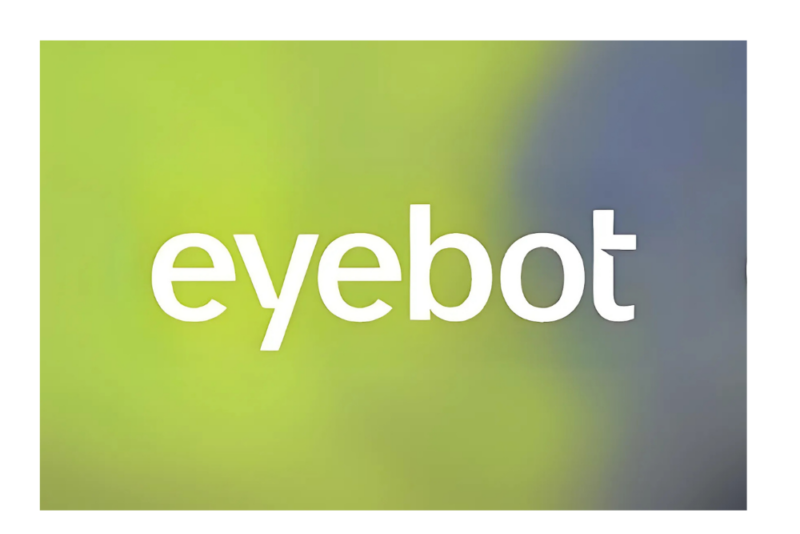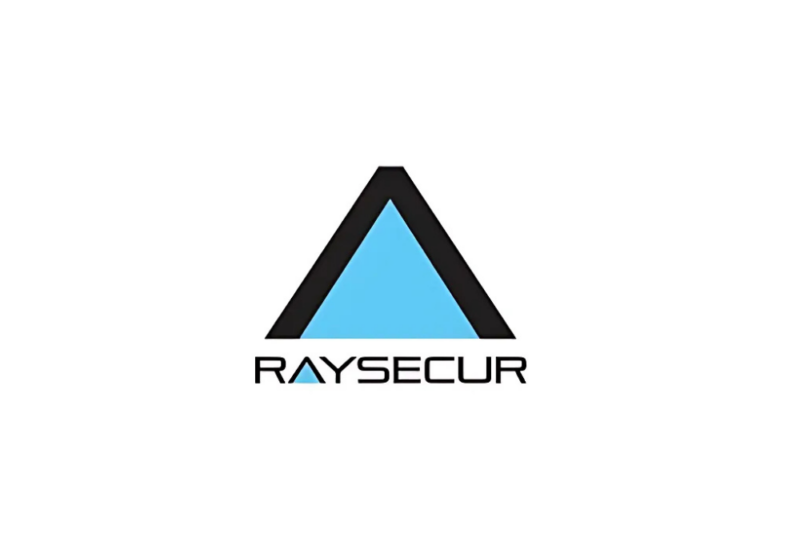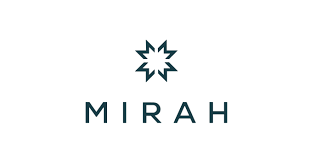Interview with Chad Pytel, Founder & CEO
Tell Us About Your Journey
I got my first computer when I was about 10. My parents got it for me at a yard sale. I taught myself to program BASIC on that. It wasn’t actually very long after that, that I started to do work for people as I started to gain comfort with programming and particularly the web was in its very early days. Most companies were creating their first website.
I went from running bulletin board systems to creating websites for clients. I started to freelance when I was in high school and then I freelanced all throughout college. And so just ever since those early days in high school I’ve been building a client base and helping people bring their vision to reality on the web and mobile devices. Shortly after graduating college, I founded thoughtbot, where I was able to not only do that for myself, working with clients, but to build a whole team of people who love doing that for clients.
What Is The History Of thoughtbot?
I founded thoughtbot in 2003, it was just a year after graduating college, with a group of four friends that I also graduated with. We founded the company out of necessity. We had just all worked at the same company which went out of business. I had a background in design and development consulting and freelancing and so I had something this time that I didn’t have when I was doing it previously, which was a group of people I really liked working with.
I went to them and said, “If we can get enough clients, would we want to keep on working together?” and that became thoughtbot. It took us a couple of years, though, to figure out who we were, since we didn’t have some big vision when we were starting the company. That process of figuring out who we were and realizing that the more clear about who we were, what we believe about the way products should be built.
It’s super counterintuitive when you’re first starting out to turn away people because you think you need all the work you can get, every sale you can make, you think you need. But after two years of doing that, we realized, “Hey, we’re doing a bunch of work we don’t love to do and we’re not very successful doing it.” So we started to be much more clear about who we were and what we believed in. You can guess, because I’m still here today, we started to be a lot more successful in our work. That’s really when thoughtbot became thoughtbot.
Want to reach out to us regarding your company? Fill out the form below:
What Are Some Inspirations That Motivate You?
One of the companies and the ideas that really has motivated me over the years is Toyota and the idea of continuous improvement. The Japanese word for it is “kaizen.” That not only has influenced me personally in the work that we do, but it’s influenced a lot of the modern software development practices that we believe in and practice at thoughtbot of continuous improvement, iteration. I think that that’s super important for founders and for companies, especially in technology, because things change every few years, dramatically sometimes.
Even in my own role, what I do and what I care about has changed over the years. So having time set aside in small cycles to reflect on the way that you’re working and to make actual improvement to that has been really important, not only to the success of my company and the products that we build, but also to my fulfillment, personally.
What Challenges Have You Faced?
One of the biggest challenges that I had early on with thoughtbot was we started with five equal partners that were my friends. As a result of that, I don’t think we had honest, open enough conversations about what our different roles were going to be in the company, the contributions that we had. We didn’t really have any agreements between all of us. It was more just friendly handshake agreements.
Over the years, even though we all loved working with each other, we’re in our 19th year now. Over the years, people move on, things change, that kind of thing. I think we would have been much better off early on having those honest conversations with each other. I’m not just saying this because this is Gesmer’s video, and that we want to use a law firm early on, but I think we genuinely would have benefited from that as a company, really getting those things ironed out in advance.
What Advice Can You Offer Other Entrepreneurs?
One of my best pieces of advice for entrepreneurs is to really talk to customers, especially in the business that we do. We talk to entrepreneurs all the time about this new product that they’re creating or this new idea that they have. Your idea can be the best that you’ve come up with, but if you’re not really talking with the buyers of that idea, you don’t know whether you have something that truly is going to resonate with them.
So many people are afraid to share their idea and to talk about it with people and to get their feedback, so you end up as an entrepreneur either isolating yourself for that or talking to people like friends and family, or whatever and they’re not really objective. They’re not really going to give you the best idea of whether your idea is really going to work. So do what you can to find real, honest-to-goodness potential customers. Share with them what you’re working on, get their feedback on it, and allow that to influence your work. I think you’re going to end up with a much more meaningful, successful product in the end.
Where Do You See thoughtbot in 3-5 Years?
Having been in business for over 19 years now, I have a very long-term perspective on thoughtbot where we realize, hey, we’re not some fly-by-night organization anymore. We started thinking about legacy and really longevity of the Company. I did the same thing when we hit 10 years. It was like, “Okay, what are the next 10 years?” Now it’s like, “What are the next 20 years?” So in the next 3-5 year period, really taking a look at that, of that legacy planning, whether it be through employee ownership or different management structures that are really going to take us through that next 20 years. I feel like the next 3-5 years are really important for figuring that stuff out.
What Value Has Gesmer Updegrove Provided thoughtbot?
The number of things that we’ve worked on Gesmer with have run the gamut. I think that’s one of the most valuable things about working with Gesmer, because we have a need with an HR issue, or we have a need with our shareholders’ agreement, or whatever. I have a single point of contact in Steve that I’m able to say, “Hey, I’ve got this problem. Who can help me with it?” We’ve had IP issues. Really being able to do that.
And then taking a step back, having a trusted partner that when a client of ours has a question or an issue, I have someone I know that we can get them help with. The reverse has also been true, Gesmer has done a very valuable thing to us as a consulting company, as an agency of actually referring potential clients to us as well. That virtual cycle of really being part of a community of people that can help solve the challenges that we have as a company is probably the most valuable thing that we get from Gesmer.
Why Go With Gesmer? I go with Gesmer because when you work with Gesmer, I feel like you’re really part of a community of people both inside and outside Gesmer that really want to help each other. When I have a problem, whether it be with HR, or shares, or finance, or IP, I know that Gesmer has somebody that can help. Even if they don’t have someone that can help, they can refer me to somebody that does.
The reverse is also true. Gesmer has been a source of referrals and clients for our business. It’s like this virtual cycle of value and community that really helps not only my business, but other people.






